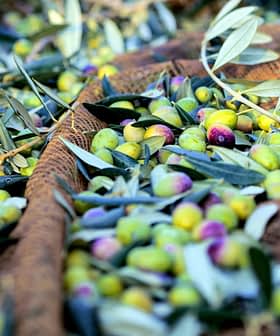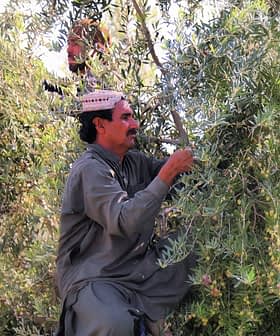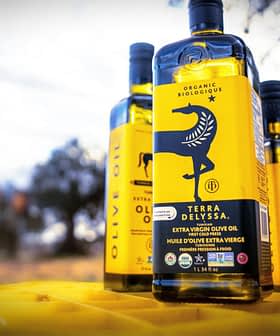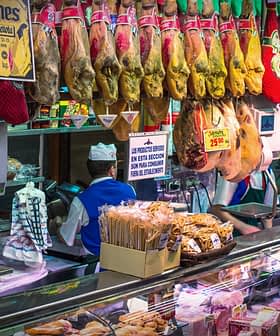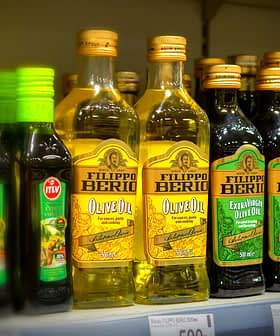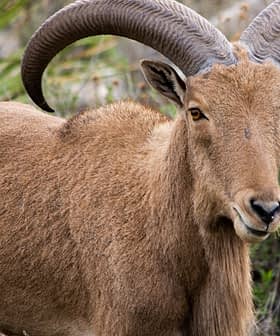An Accusation of Widespread Fraud Sparks Controversy in Spain
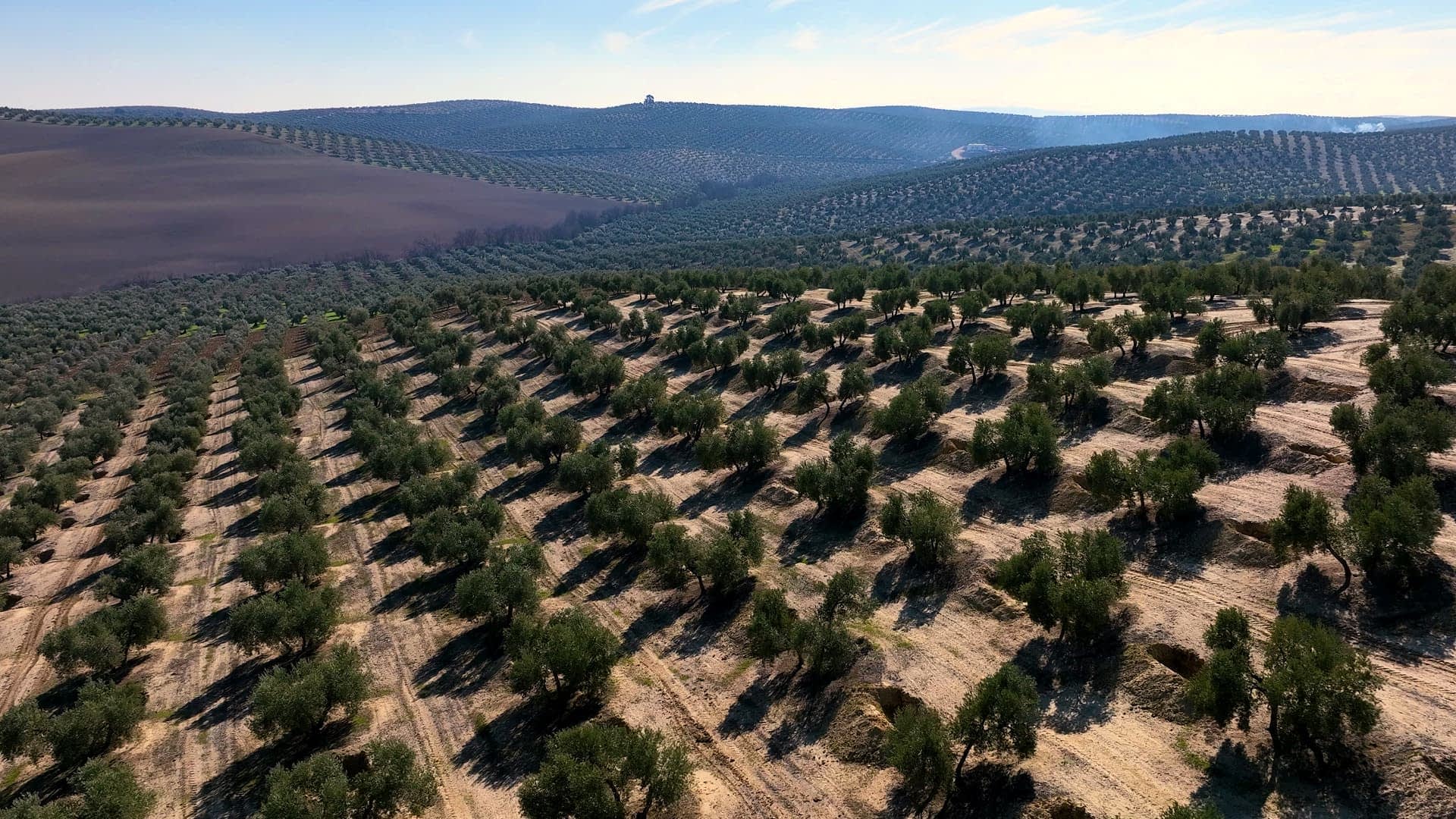
Spain’s olive oil sector is facing turmoil as Dcoop accuses some bottlers of widespread fraud by mixing olive oil with cheaper products, leading to compromised integrity and a lack of administration intervention. Despite denials from major organizations in the industry and criticism from the Spanish government, Dcoop stands by its accusations, citing market anomalies and the difficulty of detecting certain types of oil fraud through laboratory analysis, emphasizing the need for further investigation to protect the reputation of Spanish olive oil.
The olive oil sector in Spain is in upheaval following accusations by Dcoop, a cooperative with thousands of members, of unchecked and widespread olive oil fraud.
These statements seem particularly unfortunate and irresponsible to me because they call into question the sector’s reputation.
At the height of the olive harvest, the cooperative’s general secretary, Antonio Luque, told El Economista that certain bottlers are profiting by mixing olive oil with cheaper products such as sunflower oil.
According to Luque, these adulterated products are then marketed nationally and internationally as olive oil, compromising the integrity of Spanish production.
See Also:Labor Shortage Cripples Spanish Olive HarvestAccording to Dcoop’s president, this scenario has persisted for a long time. “We have been silent for 40 years, but we are not going to allow it anymore,” Luque said during an event organized by the cooperative.
“We do not have evidence to take them to court, but we do have very solid indications, and we lack an administration, both national and regional, willing to stop it and put an end to this,” he added. “The administration has to do something because fraud is not being monitored.”
Luque further claimed that “major olive oil fraud was invented in Italy. The issue is already under control there, thanks to traceability. Yet, fraud has now moved to Spain.”
Dcoop did not name specific operators involved and offered no proof of the alleged fraud.
Luque’s remarks sparked immediate responses from Anierac and Asoliva, the major organizations representing olive oil bottlers and exporters. Both organizations vehemently denied the accusations.
“First of all, we reject it outright. The Spanish industry is a capable sector that complies with all the parameters required by European legislation and, additionally, is monitored by all administrations,” said Primitivo Fernández, Anierac’s director.
“I find this type of statement, which is not supported by any evidence, to be highly irresponsible,” added Rafael Pico Lapuente, Asoliva’s executive director. “If you have any evidence, you should go to court and report it.”
Both organizations highlighted their collaboration with the Spanish government at all levels to improve controls and regulations continually.
They also warned of potential legal action against what they described as “false accusations.” In their view, such statements “aim to discredit the prestige of Spanish olive oil compared to oil from other countries and attack a sector of enormous significance and tradition in Spain, which is a fundamental pillar for the country’s economy and culture.”
Dcoop’s accusations also drew criticism from the national government. Spanish Minister of Agriculture, Fisheries and Food Luis Planas warned that these claims could damage the olive oil industry.
“These statements seem particularly unfortunate and irresponsible to me because they call into question the sector’s reputation,” he said.
Planas emphasized the rigorous controls on labeling and the organoleptic testing of olive oil products, which are conducted routinely.
He also highlighted the importance of regulations passed in 2021 to restrict the use of the terms virgin and extra virgin in blends of olive oil and other seed oils and prohibit bottlers from mixing olive oils from different crop years. The regulation update aimed to enhance product traceability across production and sales channels.
Planas cautioned Dcoop that without providing “names and surnames” of the alleged culprits, their accusations risk undermining “a sector that does not deserve it.”
In a subsequent statement, Dcoop reiterated its accusations, citing anomalies in the market that suggest fraud is indeed occurring.
“In this campaign, there have been instances where lampante oil (which cannot be bottled because it is of poor quality and must be refined) has been much more expensive than refined oil, despite the industrial costs of refining,” the cooperative wrote.
“This defies market logic,” the cooperative added. “Lampante is the oil produced in mills that cannot be bottled due to poor quality and must undergo refining. Once refined, it is mixed with virgin or extra virgin oil and then bottled as ‘olive oil,’”
Dcoop also noted the difficulty of detecting certain types of oil fraud through laboratory analysis, echoing the recent words of Italian anti-fraud experts.
“All oils share certain fatty acid compositions,” the cooperative wrote. “For example, sunflower oil contains oleic acid,” also the prevalent fat in olive oil.
“We have conducted studies revealing oils on the market with analytical parameters consistently at their limits, which is naturally impossible and can only be explained by mixing different oils. These oils meet the standards but exhibit unusual analytical values, suggesting manipulation,” it added.
“We are not discussing a health risk here but authenticity, purity and ensuring that everything in a bottle of olive oil genuinely comes from olives,” Dcoop said.
“We have clues but no concrete evidence against any operator; otherwise, we would have reported it,” the statement concluded. “However, it is clear that this must be investigated to defend the good image of Spanish olive oil.”
